Market Analysis
In-depth Analysis of Kefir Market Industry Landscape
The Kefir market is set to reach US$ 4.36 BN by 2032, at a 6.40% CAGR between years 2023-2032. The market is an ever-evolving and rapidly growing segment in the larger dairy and probiotic environment that has its own unique set of factors influencing growth as well differentiation characteristics. Among the important factors that propel market dynamics is increased awareness regarding health benefits of kefir consumption. Kefir is a fermented milk product containing various types of probiotic bacteria and yeasts that enhance gut health and digestion. With the increasing health-awareness among consumers and their desire to intake functional foods, kefir has witnessed considerable demand growth over time which is also a significant factor driving market. Market for kefir is greatly influenced by the dieting and lifestyles of consumers. Kefir drink is now a common beverage since it has nutrients and probiotics that can help improve the body. Kefir also shares versatility since it can be taken directly and used in making smoothies as well as other food materials. The product appeals to various demographics due its flexibility of use. There are also cultural and regional influences that affect the dynamics of the Kefir market. Kefir is originating from Eastern Europe and has a cultural background in some places which have helped it to become so popular. With the globalization, kefir has managed to break through any cultural boundaries as consumers across the globe have taken it up due to its health benefits and unique taste. The landscape of the Kefir industry is diverse, reflecting cultural traditions interlaced with global consumer trends evolution. The growing prevalence of lactose intolerance and demand for dairy alternatives also contribute to the market. Kefir, typically not a usual indigestible for people suffering from lactose sensitivity due to the fermentation procedure involves dairy-like practice that may provoke stomach disturbance. This feature makes kefir a popular alternative for dairy products and increases the dynamism of the market. Economic factors that affect the dynamics of the Kefir market include disposable income and purchasing power. While premium and organic kefir products cater to a small market, the affordability of regular price kefir further opens accessibility for its consumers. The demand for different kefir variants can be influenced by economic fluctuations and changes in consumer spending patterns, making the market responsive to fluctuation among other factors. Market dynamics are also influenced by technological advancements in the production and packing of kefir. Better fermentation procedures, quality assurance practices as well as advanced packaging designs increase the shelf life and promote ease of use for kefir products. These technological innovations cater to the tastes of consumers in terms of freshness and convenience, which shape the development and competition within any market. Critical to the dynamics of Kefir market is the regulatory landscape, ranging from food safety standards and labelling requirements. Adherence to regulations guarantees product quality, safety, and clear information for the customers. The manufacture, marketing and other market dynamics can be affected by changes in regulatory frameworks.


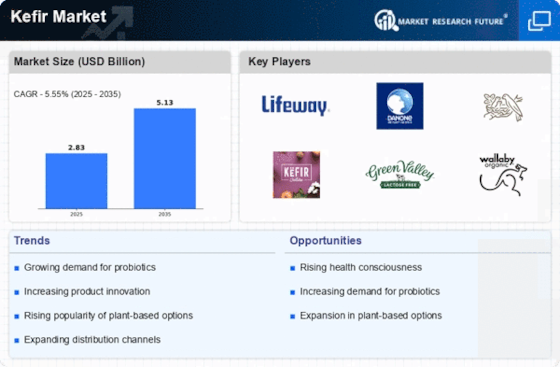

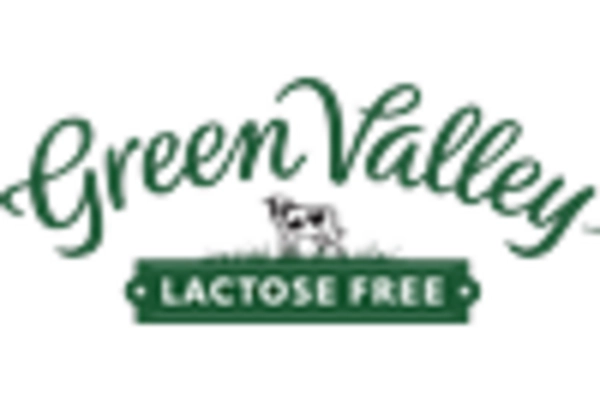
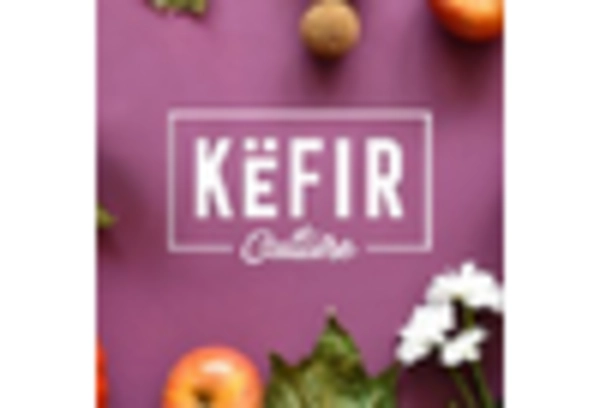
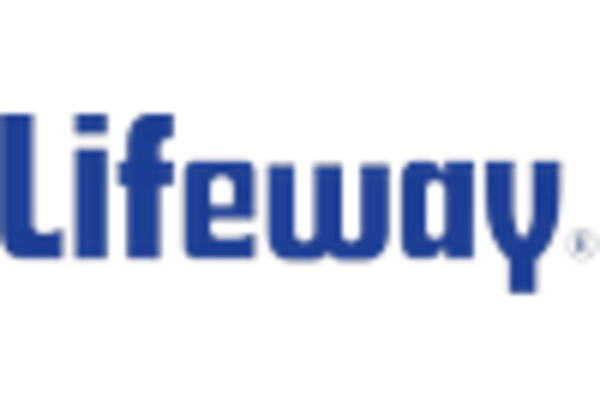

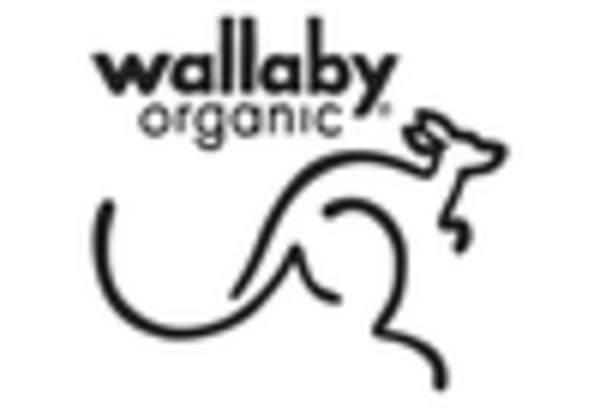









Leave a Comment